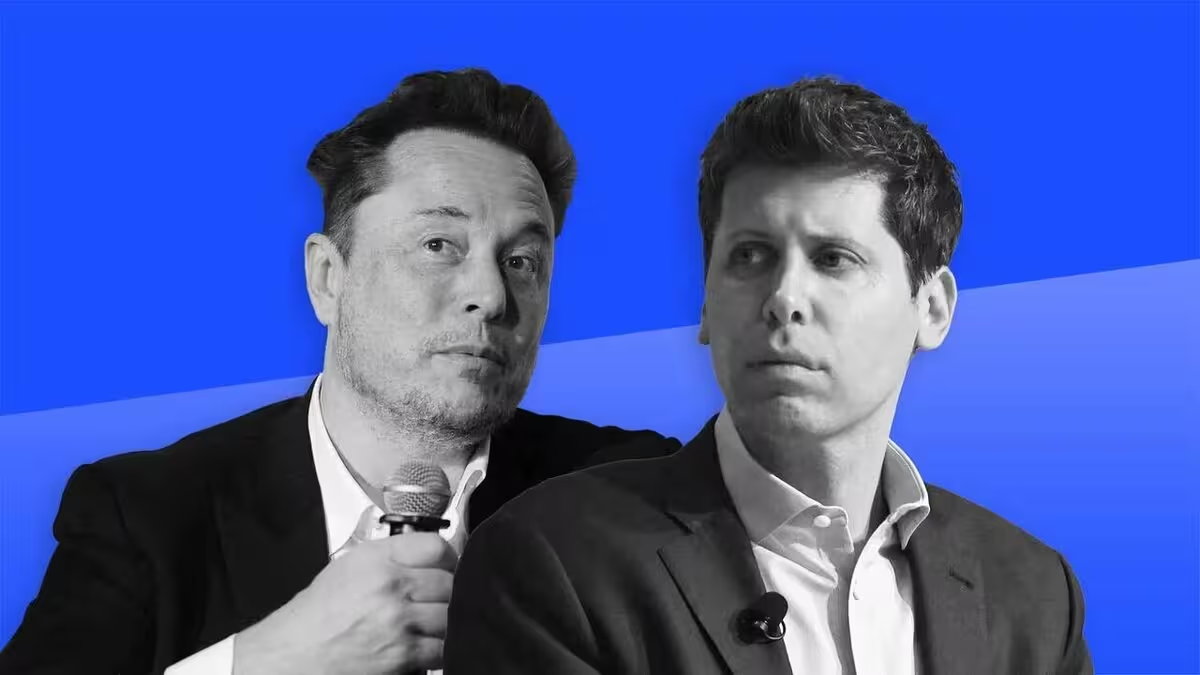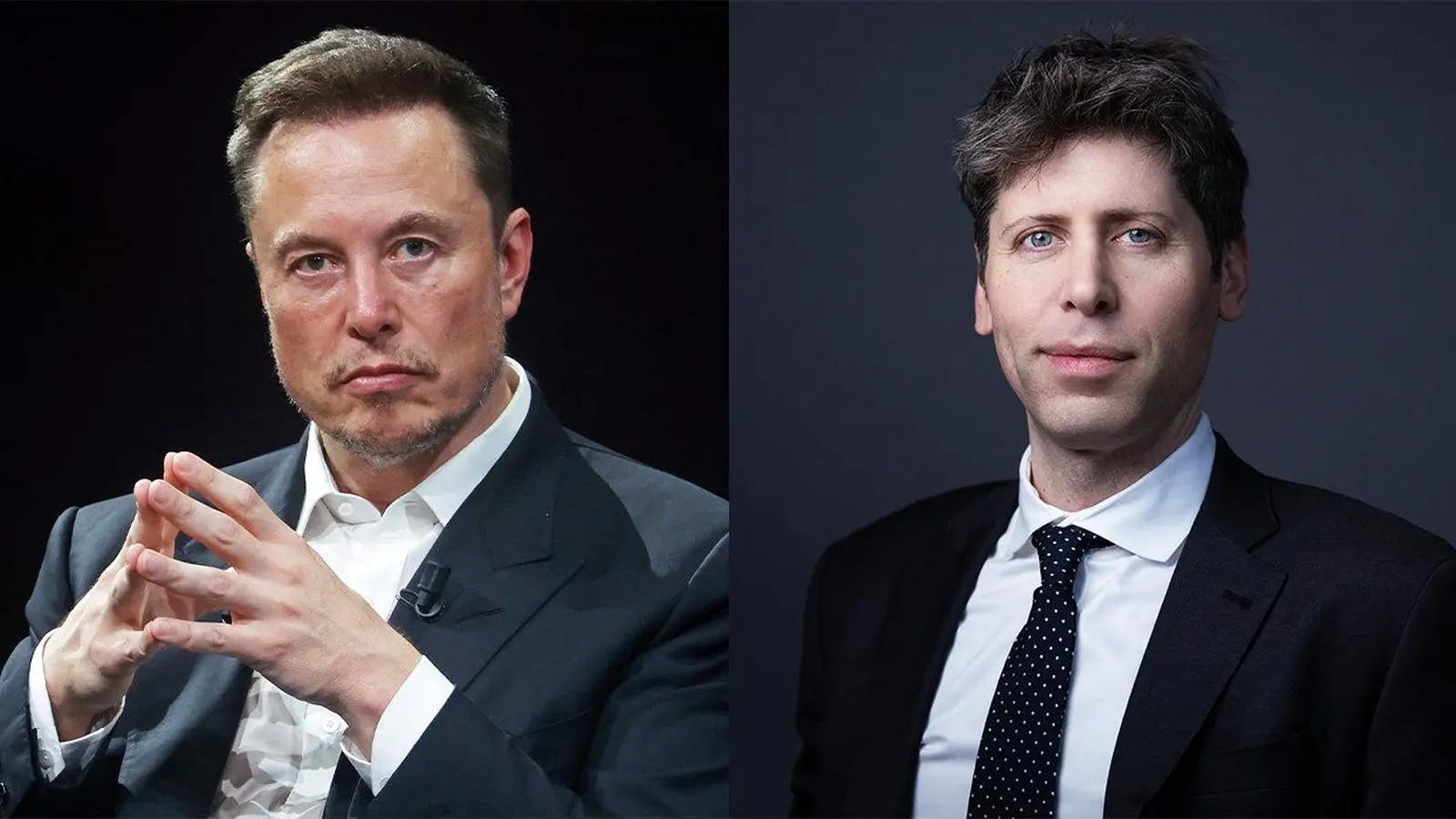3 Minutes
A public spat between Elon Musk and Sam Altman flared up on X after a failed attempt by Altman to cancel a long-pending Tesla Roadster order. What started as a refund complaint quickly escalated into a wider argument about OpenAI’s mission, structure, and who really controls the future of artificial intelligence.
From a stuck Roadster refund to sharp accusations
Sam Altman posted screenshots on X showing his years-old Roadster order from 2018 and an email seeking a $50,000 deposit refund that he said was sent to an inactive Tesla address. Altman suggested the company hadn’t responded after repeated delays — a relatable frustration for anyone waiting on a high-ticket pre-order.
Elon Musk answered in blunt fashion, accusing Altman of having “stolen a nonprofit” and claiming Altman’s money was returned within 24 hours. The terse exchange revived a long-running rivalry between two high-profile founders whose paths have diverged since OpenAI’s early days.
Old wounds reopened: governance, control and strategy
The tension isn’t new. Musk was a co-founder of OpenAI in 2015 when it was pitched as an open, nonprofit research lab meant to balance the power of big tech. He left the board in 2018 and has since criticized the organization’s shift toward a commercial, closed model — especially after Microsoft’s major partnership and investment.

Altman pushed back, reminding Musk that the nonprofit model Musk envisioned needed a different structure to scale. “I helped turn something you left for dead into perhaps the largest nonprofit in history,” Altman wrote, arguing that OpenAI’s current structure was essential to advance its goals rather than abandon them.
In reply, Musk reposted documents suggesting internal moves to oust Altman from the CEO role, calling the file a “52-page story.” The documents and mutual accusations highlight deep disagreements over OpenAI’s direction, transparency and leadership.
Legal fights, corporate changes and the rise of rivals
The feud has spilled into legal maneuvering before: Musk filed (and later withdrew) a lawsuit alleging he was misled about OpenAI’s purpose. Meanwhile, the company formalized changes to its structure — creating a capped-profit entity (OpenAI Group PBC) while retaining a nonprofit parent, now called the OpenAI Foundation, to maintain oversight.
Last year Musk launched xAI to compete in the same AI arena, framing it as an alternative to what he calls a closed, profit-driven approach. Public disputes like this one underscore how personal rivalries, governance models, and big partnerships — notably Microsoft’s — shape the commercial and ethical contours of AI development.
Why the spat matters beyond the headlines
This is more than celebrity drama. The debate touches on crucial issues in AI: who controls advanced models, how incentives influence research priorities, and whether governance can keep pace with rapid commercialization. For technologists, investors and policy makers, these public clashes are signposts of larger tensions about transparency, mission drift, and competitive strategy in AI.
Whether the latest exchange will change anything at OpenAI or xAI remains uncertain — but it does remind the industry that personality, power and public perception still play outsized roles in shaping AI’s future.


Leave a Comment